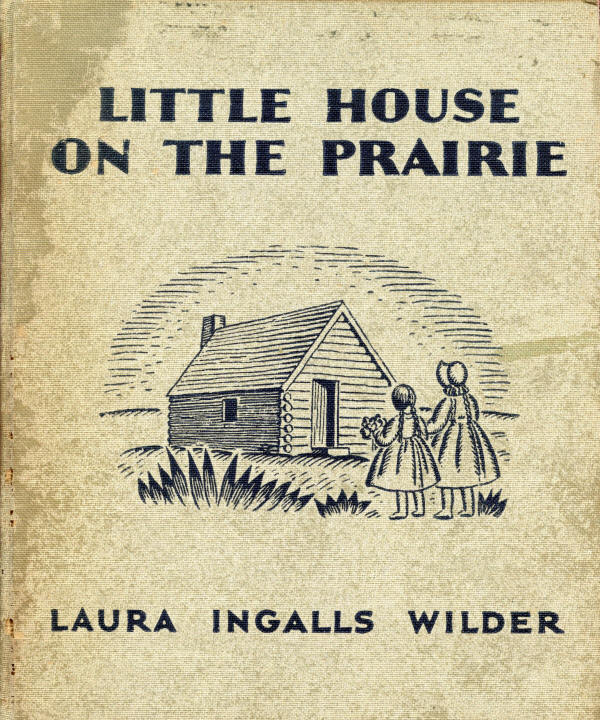But the magazine article was in a “vintage” magazine—and the year was 1977, a year of blizzards, rainstorms, drought, heat waves, and crazy temperature swings. Wild weather is not new.
| 1977 edition of National Geographic with an article entitled, "The Year the Weather Went Wild." |
I remember Cincinnati’s record low temperatures in January, 1977, records that still stand, and that we had a record 82 days straight where the temperature didn’t go above freezing. But I had forgotten about the other worldwide weather incidents the magazine mentioned.
It’s easy to forget things that caught our attention when they occurred, but have since been eclipsed by more recent happenings. Maybe that’s why I’m so fascinated by history, and why I write historical fiction.
We often read about people whose lives have been preserved because they were famous or infamous. Others passed down their stories. Laura Ingalls Wilder wrote books about her life and John Ransom kept a diary. But what about those millions of people, whose histories were not preserved—average people who lived everyday lives touched by what happened around them, stories that have faded with the memories of their descendants?

By writing historical fiction, I can tell their stories. How can I do that without having known these people? That’s where the fiction part comes in. I research a time, a place, an event, the type of people who lived then, and the kinds of things they did. I research real people, and give my imagination freedom to create others who could have lived at the time and what might have happened to them. I often weave in oral family histories from my family or others, and add what I need to flesh out the people and the story.
Digging into the past usually leads me to a treasure trove of incidents. If I tell people about one of them and they say, “I didn’t know that,” that’s a story I want to tell. Discovering history can shed a light on the past, illuminate the present, and make a brighter future.
Kathy Cannon Wiechman

Do you remember Leonard Nimoy's "In Search Of... The Next Ice Age?" I think my mother only had school 9 days in January and February that year, but it makes me feel very old to say things like "You think this is snow? Why, back in '77 there was so much snow that it covered the mailbox right up!"
ReplyDeleteI don't remember the Leonard Nimoy piece, but I recall that my brother went camping in 26 degrees below zero in Jnauary '77. And I have pictures of deep snows that I can haul out & show my kids. Sure, it makes me feel old to tell the stories, but story telling is what I love to do.
DeleteYes, when hearing historical accounts my ears are always perked for the "we don't know what happened" parts because those are perfect entries for fiction writers. We get to fill in the gaps!
ReplyDeleteI know! That's the fun part. And it's always great when the history of the time dovetails nicely with a story I'm yearning to tell.
DeleteI have to say Kathy, that your writing piqued my interest in the Civil War, listening to you reading "Rebbecca's Branch." was like being transported back in time and created a thirst for more.
ReplyDeleteThanks, Jon. I'm working on more. Hope you'll like the newest novel. It's more "guy friendly" than RB.
Delete